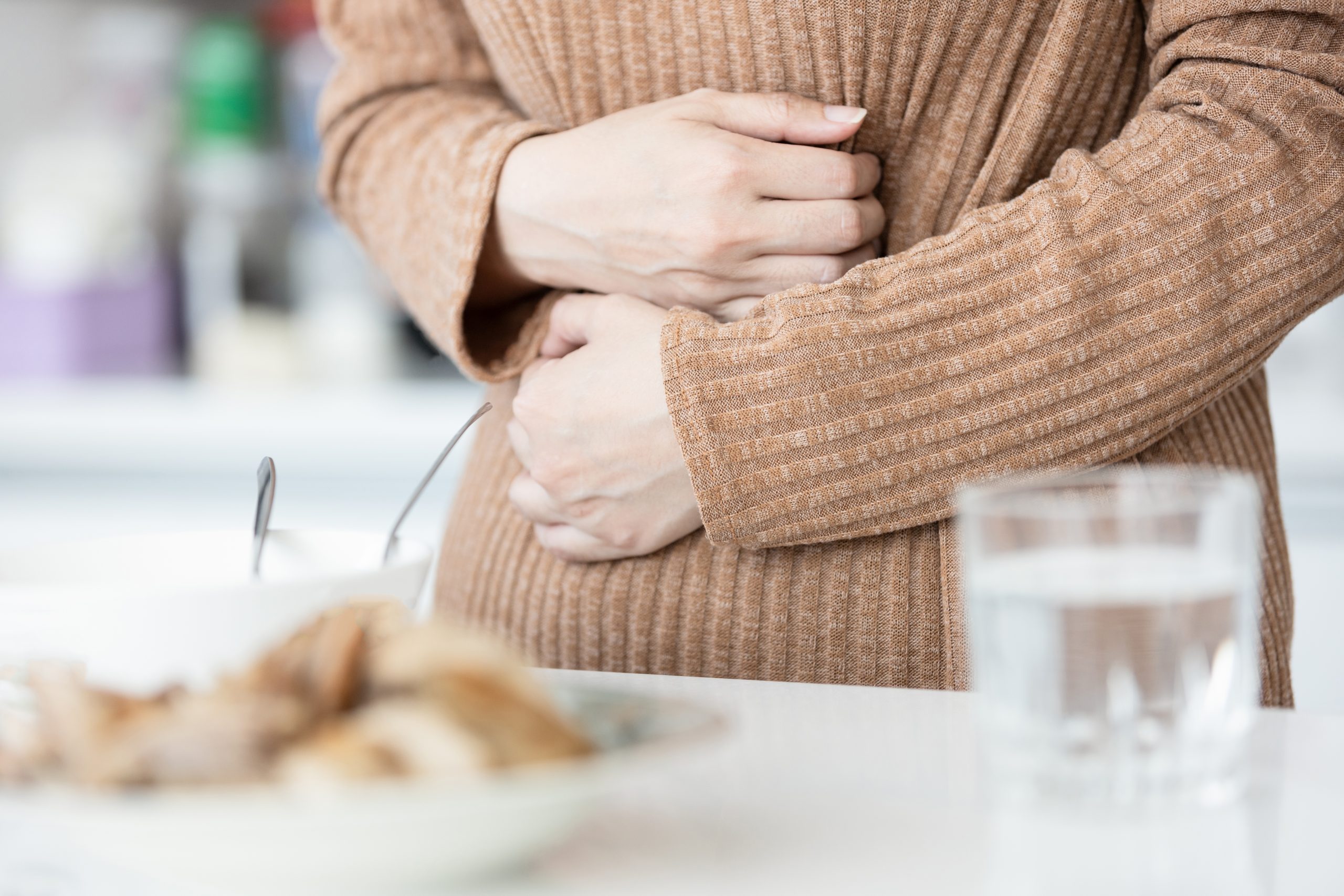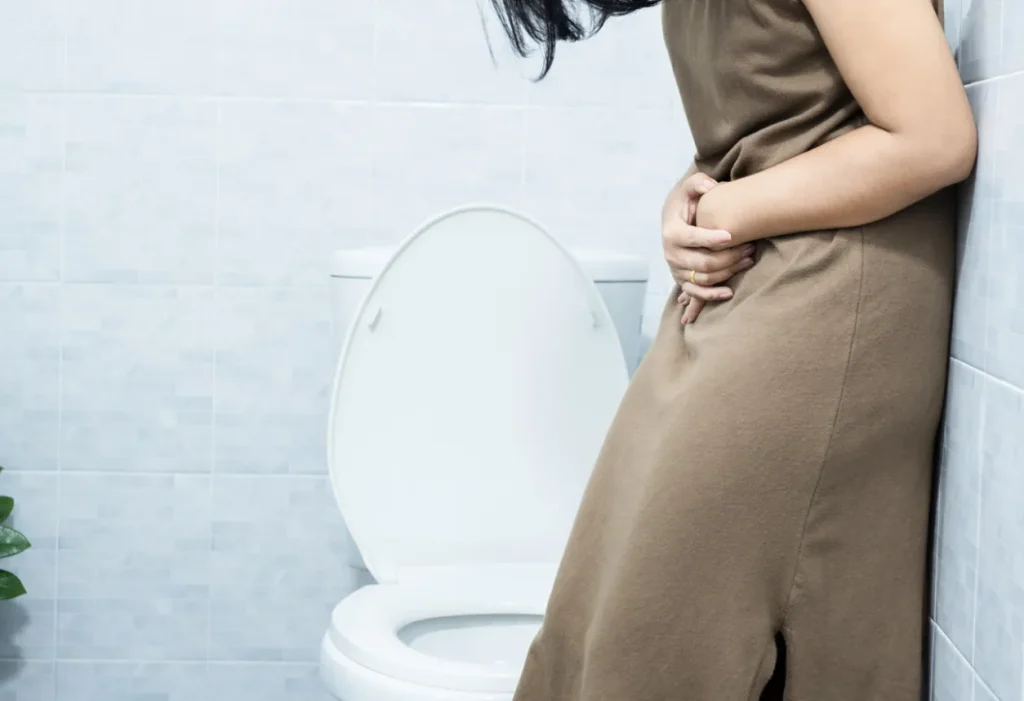Inflammatory Bowel Disease (IBD) is a group of chronic conditions that cause inflammation in the digestive tract. The two most common types of IBD are Crohn’s Disease and Ulcerative Colitis. Both conditions are characterized by recurring inflammation, leading to various digestive issues and symptoms.
Common digestive disorders linked to IBD include irritable bowel syndrome (IBS), Celiac Disease, and gastroesophageal reflux disease (GERD). These conditions can overlap with IBD, making it essential to distinguish between them for effective treatment.
Managing chronic inflammation is key to reducing discomfort and improving the quality of life for those living with IBD. This article explores the causes, symptoms, and effective ways to manage IBD and reduce inflammation.
IBD Symptoms You Should Know
Individuals with IBD often experience other digestive disorders that exacerbate their symptoms. For example, irritable bowel syndrome can lead to additional cramping, bloating, and changes in bowel habits.
The symptoms of IBD can vary depending on whether you have Crohn’s Disease or Ulcerative Colitis. However, there are some common signs to watch for. Frequent diarrhea, abdominal pain, and cramping are among the most common symptoms. Fatigue, weight loss, and a reduced appetite can also occur, especially during flare-ups. In some cases, IBD can cause rectal bleeding, urgency to have bowel movements, and joint pain.
Managing IBD along with these conditions requires a holistic approach, including dietary adjustments, medications, and stress reduction techniques. Working closely with a gastroenterologist can help create a treatment plan tailored to your specific needs. It’s important to monitor these symptoms and seek medical advice if they persist or worsen, as early intervention can help prevent complications.
Chronic Inflammation Solutions for IBD
Chronic inflammation is a hallmark of both Crohn’s Disease and Ulcerative Colitis. Reducing inflammation is key to managing symptoms and preventing long-term damage to the digestive tract. Anti-inflammatory medications are commonly prescribed to control flare-ups, but lifestyle changes can also make a significant difference.
Antihistamines, when used in the correct ratio, can also reduce inflammation and reduce symptoms associated with IBD such as abdominal pain, diarrhea, urgent stools, cramping. Solamyn is a medication that combines two anti-histamines in the perfect ratio to help with such symptoms.
Incorporating anti-inflammatory foods into your diet, lean proteins, omega-3 rich foods (e.g., salmon, flaxseed), fermented foods, and prebiotic-rich vegetables. can help reduce inflammation naturally. A diet like this encourages long-term dietary change, emphasizing gut health. IBD triggers and tolerances vary greatly among individuals, so diets should be tailored. Working with a dietitian or gastroenterologist ensures nutritional adequacy and symptom control.
Regular physical activity and stress management techniques, Take a brisk walk or engage in light physical activity, are also beneficial in keeping inflammation under control. The light exercise stimulates intestinal motility, helping to relieve constipation.
Managing Crohn’s Disease Effectively
Crohn’s Disease is a type of IBD that can affect any part of the gastrointestinal tract, from the mouth to the anus. Managing Crohn’s Disease involves a combination of medication, lifestyle changes, and sometimes surgery.
Regular check-ups with a healthcare provider, balanced diet, and stress management are essential for effectively managing the Disease. Anti-inflammatory drugs, immune system suppressors, and biologics are common treatments used to control inflammation.
Maintaining a low-fat, high-fiber diet can help manage symptoms for those with Crohn’s. However, a low-residue diet may be recommended during flare-ups to reduce bowel movements and alleviate discomfort.
Ulcerative Colitis: Tips and Advice
Ulcerative Colitis specifically affects the colon and rectum, causing inflammation and ulcers in the lining of the large intestine. UC can be diagnosed through a series of tests, including a colonoscopy, stool analysis, and blood tests. These tests help detect inflammation and rule out other conditions that may cause similar symptoms.
Once diagnosed, Ulcerative Colitis can be managed with medications such as aminosalicylates, corticosteroids, and biologics. Dietary adjustments can help manage flare-ups. Foods that are easy to digest, such as plain rice, bananas, and yogurt, can be beneficial. It’s also important to stay hydrated, especially during episodes of diarrhea, to prevent dehydration.
If you are looking for medication that can help with IBD, please visit Get Relief Rx today to explore proven solutions designed to ease your symptoms and improve your gut health. Click here to start feeling better now!




